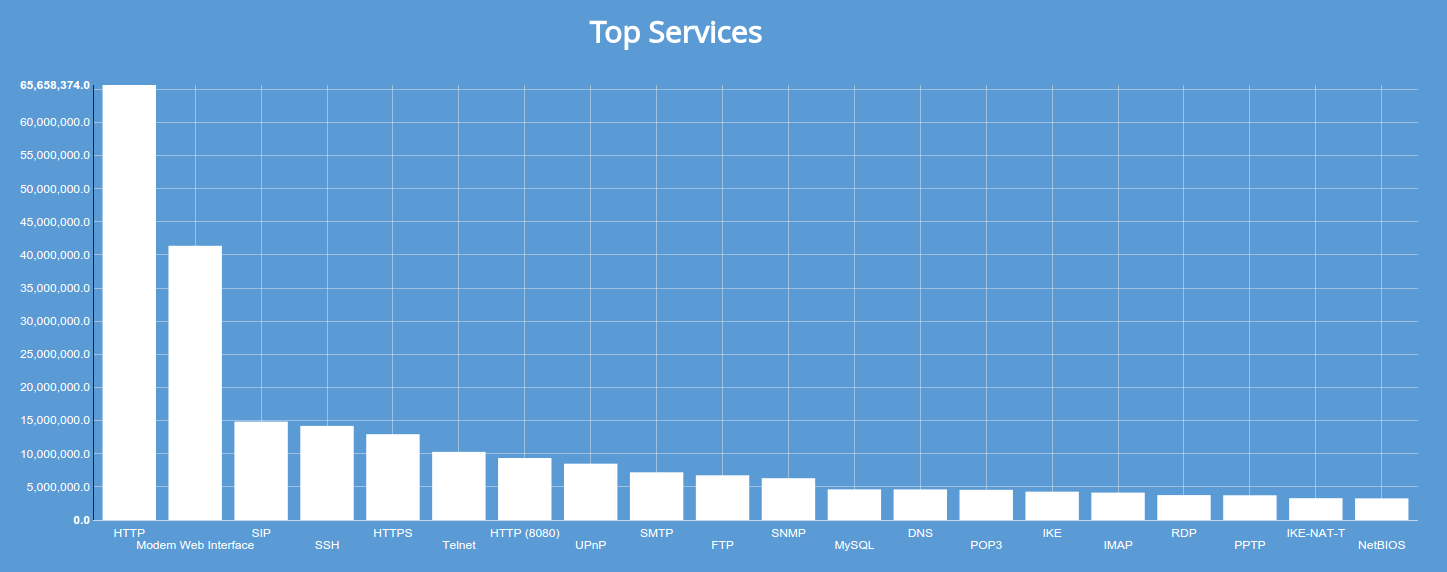I've recently started to try out various smart home products, and while browsing the community pages of SmartThings I found a curious case:
http://community.smartthings.com/t/telnet/222
This quote in particular stood out to me because it exemplifies why I believe Telnet remains a popular protocol among vendors, users and even software engineers:
All of lutron products uses telnet access to send and receive info from the lutron system. The commands have a really quick learning curve for many to learn and are extremely powerful.
Any word if the SmartThings hub will allow me to send telnet commands out of it?
I can't fault the user for loving Telnet, since it comes pre-installed on a lot of operating systems and working with it is incredibly straight-forward. It's so easy to work with for this user that he would like the IoT vendor include a Telnet client on the device, so he can integrate the hub with his lighting system. Hmmm, well what about Lutron? Maybe this user has some old products of theirs installed and Telnet has long been deprecated. Nope (pdf), even the latest documents on how to integrate Lutron devices references their Telnet server.
Maybe this manufacturer is just behind the times, which isn't unusual for embedded systems, so what about mobile app developers?
GCDTelnetServer is a drop-in embedded Telnet server for iOS and OS X apps.
The GCDTelnetServer is actually a cool little project that's probably immensely useful, and Telnet just happened to be the easiest way to implement it. As a sidenote, if anybody is aware of a similar project done without Telnet please let me know!
The fact that Telnet is easy to use, easy to integrate and is being demanded by users results in the fact that Telnet continues to thrive on the Internet.

The above image shows the breakdown of data collected from Shodan for the month of March. The top 10 services are:
- HTTP
- CWMP
- SIP
- SSH
- HTTPS
- Telnet
- HTTP (8080)
- UPnP
- SMTP
- FTP
Obviously, there are a lot of legacy devices that use Telnet and are being phased out in favor of SSH so it's not entirely clear how often Telnet is chosen for new products. But it remains a fact that even for new programs and devices, people and engineers are chosing Telnet over alternatives. It will be important to keep track of these usage numbers over time, and hopefully the developer/ user ecosystem will get better so using Telnet will seem insane not just from a security perspective but also from a usability standpoint.